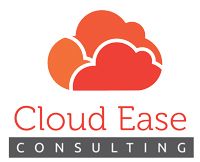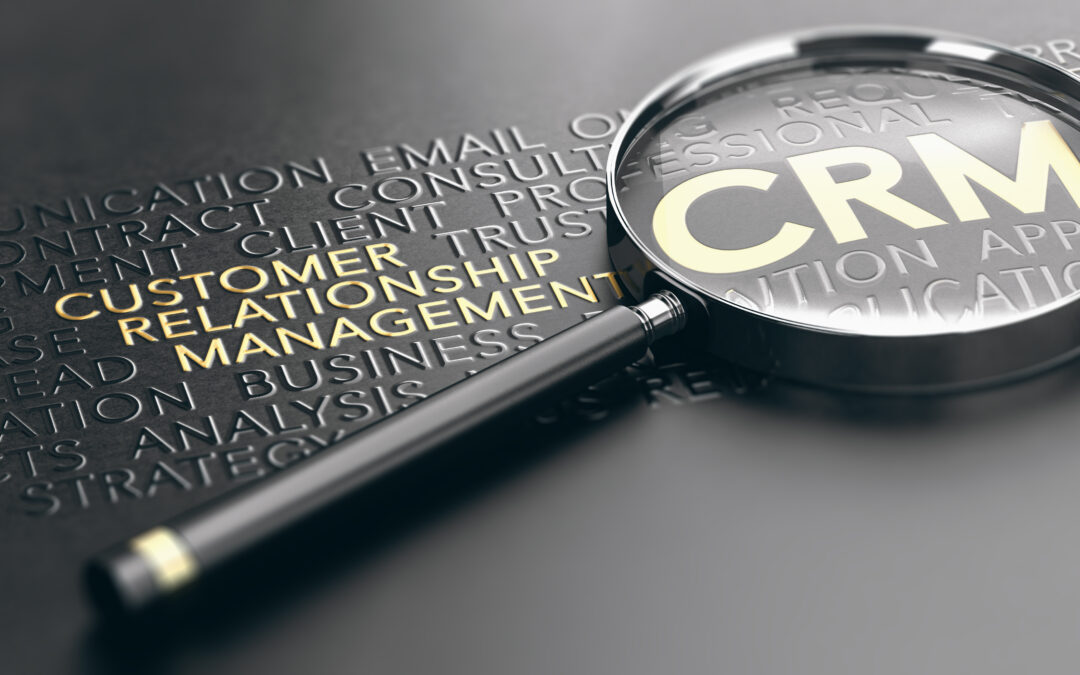In the ever-evolving landscape of business technologies, Customer Relationship Management (CRM) systems have become a fundamental pillar for businesses looking to grow, engage, and retain customers. This year, in particular, we are witnessing a surge in the necessity of CRMs for SMEs. Here are seven irrefutable reasons why a CRM could be your small business’s most strategic asset in 2024.
Precision in Contact Management
For a small business, every customer contact is precious, and managing these interactions accurately can make or break a business’s relationships. A CRM provides a unified platform to store and manage all customer data, ensuring that each interaction is well-documented and easily retrievable. Efficiency in this area directly translates to improved customer service, better understanding of customer needs, and ultimately, higher satisfaction and loyalty.
Streamlined Opportunity Management
CRMs excel in turning leads into paying customers by streamlining your sales cycle. With features that allow you to track every opportunity and its current stage in the pipeline, you can spend less time on administration and more time on what really matters—converting those leads. The system also equips you with tools to analyze your sales performance, understand where deals may be stagnating, and optimize your pipeline for faster growth.
Enhanced Customer Segmentation
Personalization is no longer a ‘nice-to-have’ but a ‘must-have’ in the current market. CRMs have powerful segmentation capabilities that let you divide your customer base into distinct groups based on behavior, demographics, or other criteria. This means you can tailor your marketing campaigns, adjust your product offerings, and overall, cater more effectively to the diverse needs of your customers.
Sales Process Automation
In a small business where time and resources can be scarce, automation is a game-changer. CRMs offer sales automation tools that manage your routine sales tasks—like sending follow-up emails or updating records—so your team can focus on the human aspect of selling rather than administrative overhead. By automating these processes, you ensure that nothing slips through the cracks, and that each customer receives a timely, consistent sales experience.
Actionable Insights with Analytics
Data is at the heart of efficiency and growth, and a CRM is a goldmine of customer data. From your sales history to service records, a CRM system provides analytics that translate raw data into meaningful insights. This information helps you understand your customers better, predict future trends, and make informed decisions that drive the business forward.
Collaboration and Team Alignment
As your business grows, ensuring everyone is on the same page becomes increasingly challenging. CRMs foster collaboration by serving as a central hub where your teams can access and update customer information in real-time. This level of coordination minimizes confusion, prevents duplication of efforts, and ensures that everyone in the team is working towards the same customer-centric goals.
Scalability and Future-Proofing
Lastly, but certainly not least, CRMs grow with your business. They are designed to scale alongside your needs, whether you’re expanding your product line, opening new locations, or seeing a massive increase in customers. By implementing a CRM, not only are you equipped for your current demands, but you’re also setting a solid foundation that will support you as your business continues to evolve.
In summary, investing in a CRM for your small business in 2024 isn’t just a smart move—it could be the catalyst for substantial, sustainable growth. With benefits that span from improving customer relationships to increasing operational efficiency, adopting a CRM is about seizing the competitive edge and propelling your business to new heights of success.
Looking for the best CRM solution for your business, schedule a 30 minute call to discuss your CRM options

